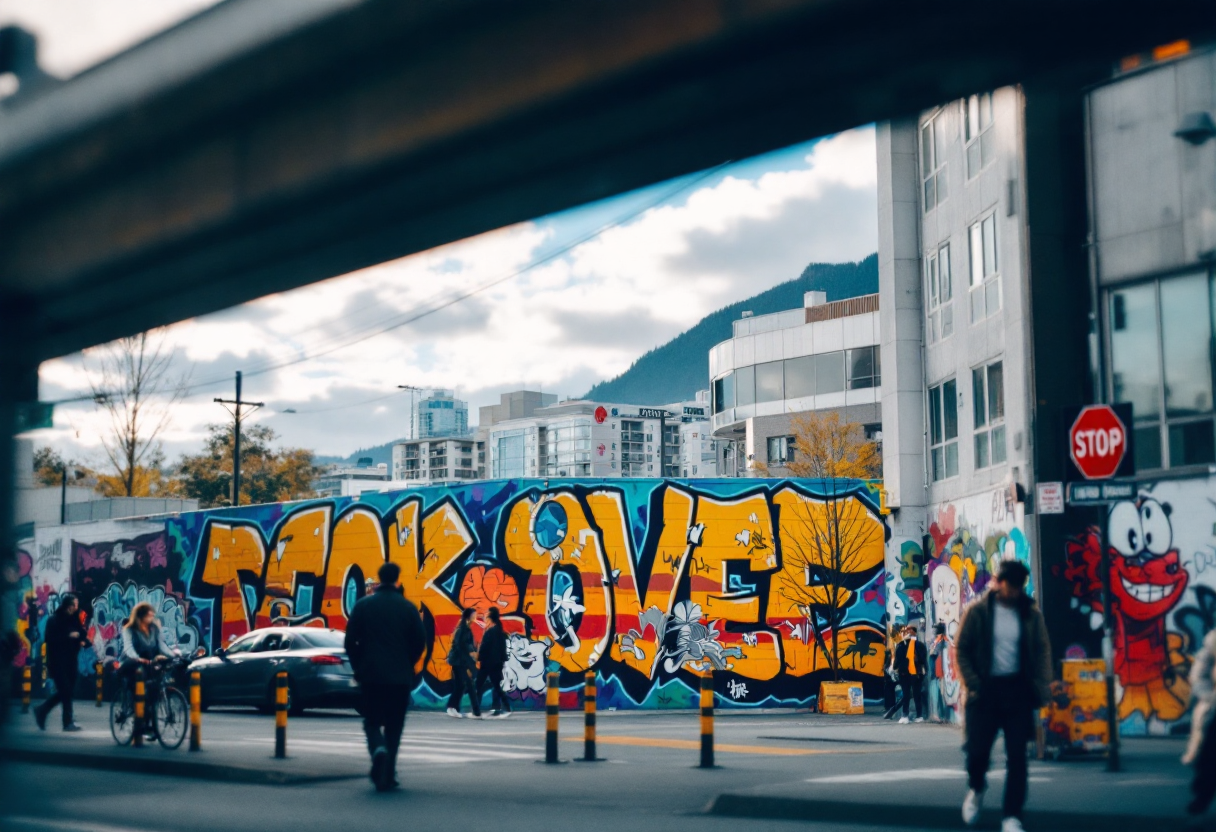Table of Contents
Understanding the Context of Drug Use in Vancouver
In the heart of Vancouver’s Downtown Eastside, the conversation surrounding drug use is as complex as the city itself. Recently, individuals like Andrew Auld and his partner were seen using drugs openly, sparking discussions about the implications of public drug use.
Robyn, a local who chose to remain anonymous, expressed her belief that people should be allowed to use drugs in public spaces, arguing that enforcing laws against minor possession is a misuse of taxpayer resources. This sentiment reflects a growing frustration among many who feel that the current approach to drug use is not only ineffective but also detrimental to those struggling with addiction.
The Shift in Police Stance on Decriminalization
The British Columbia Association of Chiefs of Police (BCACP) has recently re-evaluated its stance on drug decriminalization. Initially supportive of the movement to decriminalize small amounts of drugs for personal use, the BCACP has pulled its backing, citing ongoing evaluations that suggest decriminalization may not be the solution to the systemic issues surrounding substance use.
Instead, they advocate for increased investment in health services and collaborative efforts with community organizations to address the root causes of addiction. This shift highlights a critical turning point in how law enforcement views the intersection of public safety and health.
The Challenges of Public Drug Use
One of the most pressing concerns raised by police officials is the visibility of public drug use, which has become increasingly problematic. Incidents of individuals openly using drugs in family-friendly environments, such as Tim Hortons, have alarmed the community and prompted calls for action.
The federal government’s recent decision to exempt public spaces like parks and beaches from decriminalization has further complicated the landscape. Police are now tasked with re-educating the public about the boundaries of drug use, a challenge that has proven to be both frustrating and necessary.
The Need for Comprehensive Treatment Resources
Despite the ongoing debate over decriminalization, both Robyn and Auld emphasize a critical point: the lack of accessible treatment resources for those struggling with addiction. They argue that without adequate support systems, individuals are left with few options for recovery. Auld points out that stable housing is essential for sobriety, stating, “People can’t get clean on the street.” This highlights a significant gap in the current approach to addiction, where the focus on law enforcement often overshadows the urgent need for health services and housing solutions.
Looking Ahead: Balancing Public Health and Safety
The conversation surrounding drug use in Vancouver is far from over. As community members, law enforcement, and health officials grapple with the complexities of addiction, it is clear that a multifaceted approach is necessary. The challenge lies in finding a balance that prioritizes public health while ensuring community safety. As Vancouver navigates this critical issue, the voices of those directly affected by drug policies must be at the forefront of the discussion, shaping a future that is both compassionate and effective.




